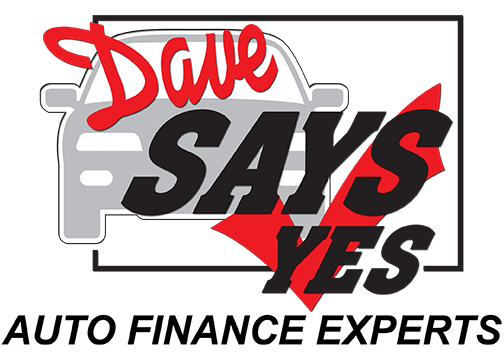
Vehicle Maintenance Tips That Protect Your Investment
As a subprime car buyer, your vehicle isn’t just transportation—it’s a financial investment that can help rebuild your credit. Proper maintenance not only extends your car’s life but protects your financial future. Here are essential maintenance tips every car owner should follow.

Regular Oil Changes Save Engines
Nothing destroys engines faster than neglected oil changes. Fresh oil lubricates engine components, prevents overheating, and removes harmful debris. While conventional wisdom suggests changes every 3,000 miles, many modern vehicles can go 5,000-7,500 miles between changes. Check your owner’s manual for manufacturer recommendations specific to your vehicle.
Monitor Tire Pressure Monthly
Underinflated tires create unnecessary drag that reduces fuel efficiency and causes premature wear. Most vehicles have recommended tire pressures listed on a sticker inside the driver’s door jamb. For just a few dollars, you can purchase a reliable tire pressure gauge and check your tires monthly. Remember that temperature changes affect pressure—cold weather typically lowers tire pressure while hot weather increases it.
Battery Maintenance Prevents Costly Breakdowns
A dead battery often strikes without warning, leaving you stranded and facing towing costs. Most auto parts stores will check your battery charge for free. Have your battery tested annually, especially before winter months when cold temperatures strain battery performance. Keep terminals clean from corrosion by applying a mixture of baking soda and water, then rinsing clean.
Don’t Ignore Dashboard Warning Lights
Modern vehicles have sophisticated computer systems that monitor critical components. When a warning light appears, it signals a potential issue that could become more expensive if ignored. Some lights indicate immediate attention is needed (like oil pressure warnings), while others can wait until your next scheduled maintenance. Keep your owner’s manual handy to understand what each light means.
Stick To Scheduled Maintenance Intervals
Your vehicle’s manufacturer has carefully determined maintenance schedules based on extensive testing. Following these recommended service intervals protects your warranty coverage and prevents costly repairs. Create calendar reminders for upcoming maintenance needs based on your typical mileage.
Properly maintaining your vehicle isn’t just about preventing mechanical failures—it’s about protecting your investment and your credit-rebuilding journey. By following these simple maintenance tips, you’ll extend your vehicle’s life, maintain its value, and avoid unexpected repair costs that could derail your financial progress.
Remember: Every dollar saved on preventable repairs is money that can go toward building your financial future.















